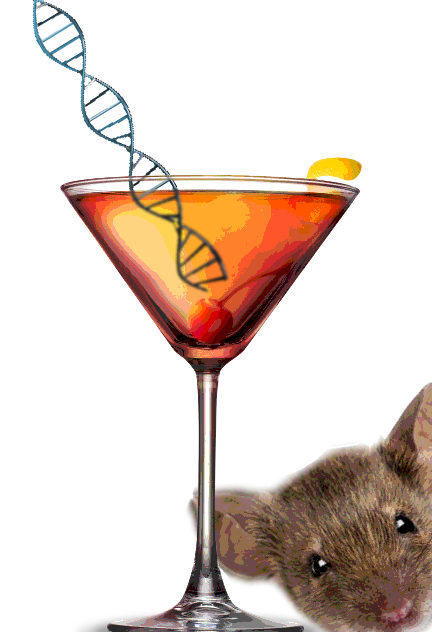Rats reveal genetic drinking links
 Researchers have outlined the genetic impact of alcohol abuse.
Researchers have outlined the genetic impact of alcohol abuse.
Scientists in the US bred two lines of rats - one that abuses alcohol and another that does not - each from the same initial population.
By sequencing the rat genomes and pinpointing differences between the two lines, the scientists were able to identify 930 genetic differences associated with alcohol use.
“This research highlights that alcoholism [alcohol use disorder, or AUD] in rats has a strong genetic component and is influenced by many hundreds of genes, each with small effects,” says Purdue University researcher Professor William Muir.
“There is no single gene responsible for AUD. However, critical regulatory pathways involving several of the genes discovered were found, suggesting that potential pharmacological solutions may be possible,” Muir says.
The results confirmed previously identified alcoholism-related genes, but also found new genes that had not previously been linked to alcoholism.
Some of the new links were with genes known to be involved with the formation of memories and reward behaviour.
Many of these genetic differences were located in non-coding sequences, such as in promoters and introns, suggesting that differences in regulatory genes create the differences in alcohol preference.
That means alcoholism might not come from differences in what the genes make, but the amount they make.
The findings strengthen the understanding of the genetic basis of alcoholism, and if verified in humans, may point the way towards future genetic and neurological-based treatments for this difficult disease.








 Print
Print